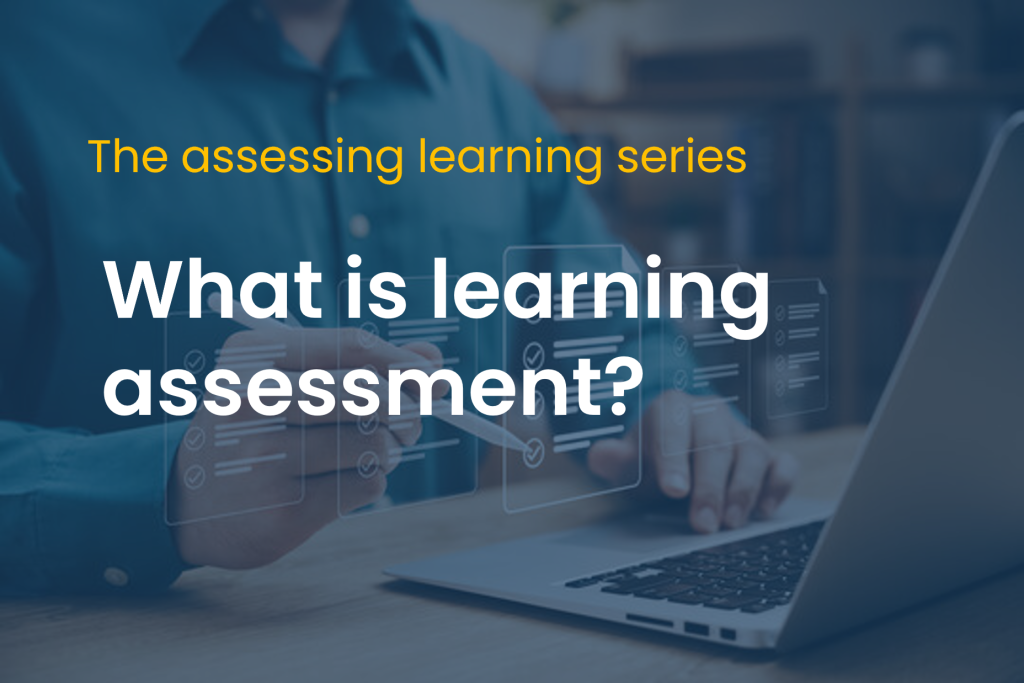Sometimes you find a vendor you’re really excited about
Their work looks good, they can do the work in the timeline and budget you need, and maybe you even get along really well. But when the rubber hits the road, sometimes those exciting new vendors don’t work out well, and you’re left wondering what went wrong. In my thirty years of experience, I’ve noticed that there are a handful of critical factors that can make or break a buyer-agency partnership. Understanding these can help you through the vetting process, before you get your heart (and budget) broken.
1. The extent to which the agency understands you and your business
Buyers expect their agency partner to understand them, the organization, and the culture. When the agency doesn’t seem to understand the business, buyers see this. It shows up in lots of places, most noticeably, in deliverables that repeatedly miss the mark, causing more iteration, time, and effort. It’s not that buyers expect a new agency to magically know their business, but they do expect them to have the consultative process and skill to quickly learn what needs to be learned. Not all agencies have this.
2. How well the agency adapts to you and your situation
All agencies have their processes – and that’s great. But an agency can become so wedded to its processes that it can’t flex when the situation calls for it. And the situation almost always calls for it. No two organizations are set up to work in the exact same ways. Take for example project initiation. Much of the time, when a buyer initiates the hiring process, she feels she has everything in place needed to start the project. In reality, this is almost never the case (no offense buyers – this is just what I see). That means that the team needs to start at point A but they really only know how to start at point B. When a team starts at point B, this leads to confusion on both sides and a lot of project churn without any progress. So, it’s important to find an agency that can adapt.
3. The project team
One time I hired an agency that put together an amazing, well-thought-out proposal. Once work began, we learned that everyone on the project team was a recently hired contractor, most of whom had never worked with the agency before. This begged the question, if I am impressed with an agency, its approach, its culture, etc., am I really getting that if the team they assign can’t live up to it? It was at this moment when I realized just how important the actual project team is. In my opinion, the team who will work on your project is the number one thing affecting the success of the partnership. If I had to choose an agency based on only one factor, it would be the project team.
4. How the project team is organized
It’s not just about the capability of the members on the team. It’s also about how they’re placed and organized. For example, if a project team is led by a project manager, there is a very good chance that the culture within the team will prioritize time and budget. This may be fine – we all want projects to come in on time and within budget. But if may often cause other team members to prioritize cost and expeditiousness when making key instructional decisions. Who leads the project team and how they work together will directly affect you, the sponsor, and the outcome of the project.
5. How much work the sponsor has to do
Every agency I have ever worked with in my career has been an end-to-end service provider, meaning, we perform all aspects of the work from beginning to end. I thought that’s what all elearning agencies did. It wasn’t until recently I learned that this is not the case. Many expect the client to write a lot or even all of the content. Others only do the visuals and the development (I don’t understand how such a firm can call itself a learning agency). Yet in most cases, you cannot tell that this is the case from their outward-facing marketing collateral. Even many that describe themselves as end-to-end still only provide a framework within which you are expected to input content. It may be the case that you want an arrangement like this. But it is critical that you be aware of this fact. Otherwise, your workload may be a lot higher than you expected.
6. How project changes are dealt with
Changes are an inevitable part of every custom elearning project. When a project starts, the agency and the client make decisions based on limited information. As the project unfolds, you learn more, your understanding expands, and your perspective changes. There is nothing wrong with changes – as long as you deal with them productively. Not all agencies can do this. When an agency isn’t able to handle changes in a productive way, it can kill the partnership.
7. How you communicate with the project team
Every agency runs its projects differently. Some run all communication through a single central project lead. Others have more open communication with various members of the project team. Still others don’t really have an approach – they just let things play out as they unfold. You are going to have your preferences and most agencies should be able to adapt and accommodate. My own personal view is that, while there should be a lead on the client side and one on the agency side who coordinates things, having a single point of contact is a major barrier to a productive and expedient project.
When it comes to these factors, there isn’t necessarily one right answer for everyone, but there is a right answer for you. That’s why, as the buyer, it is helpful to understand what you need and expect concerning these things and you make sure your viewpoint is understood by your agency partner. It also suggests you will be doing everyone a favor by attempting to ascertain before hiring whether they agency’s practices in these areas align with your needs.





